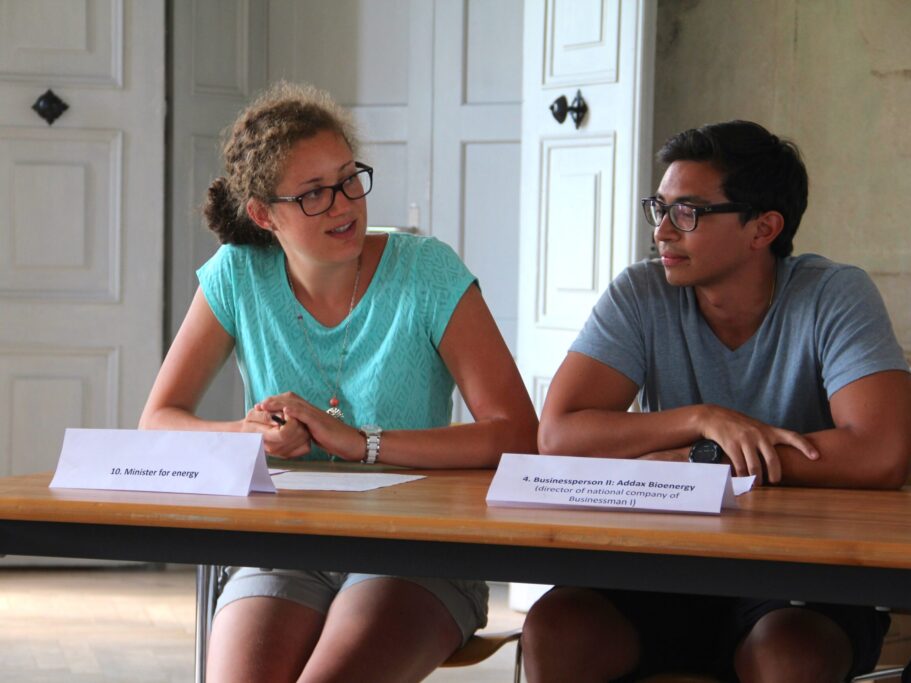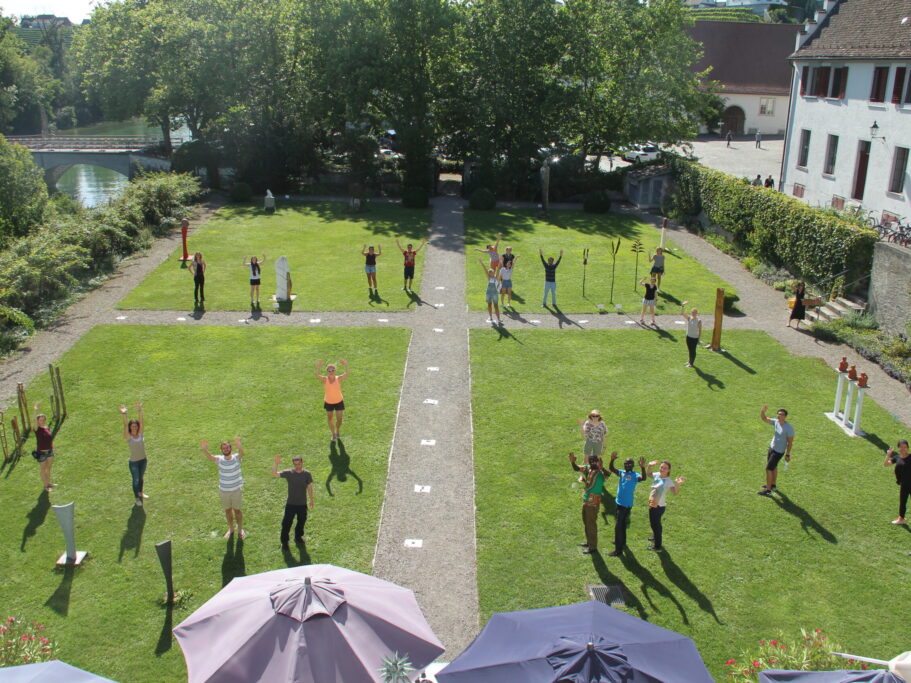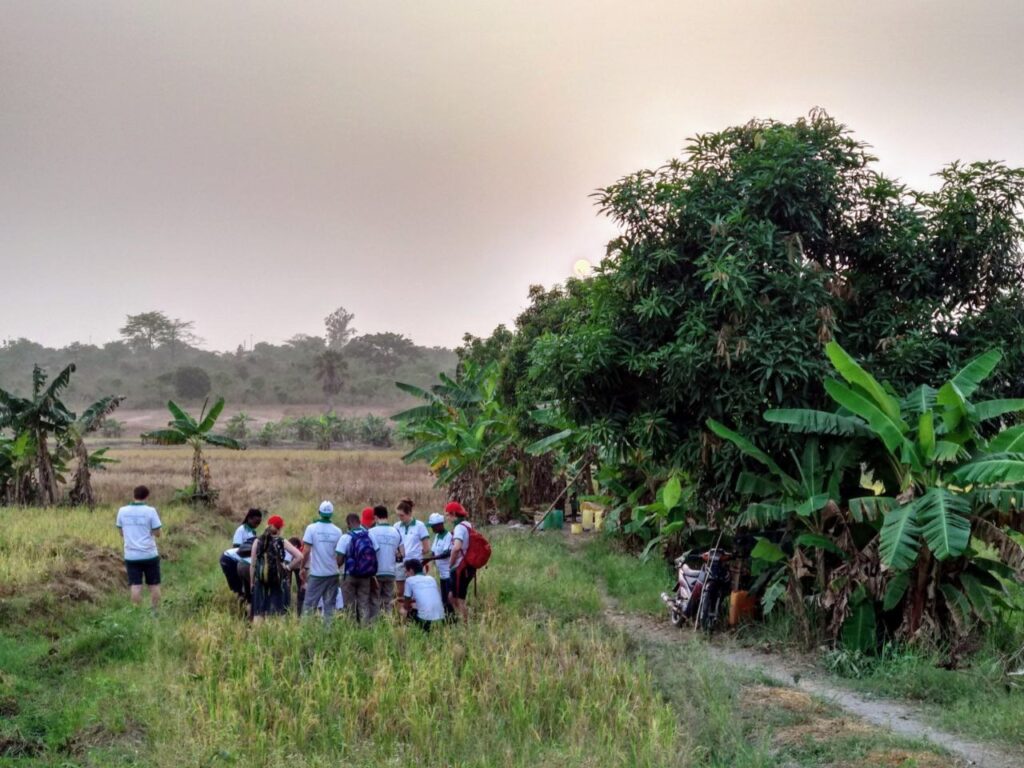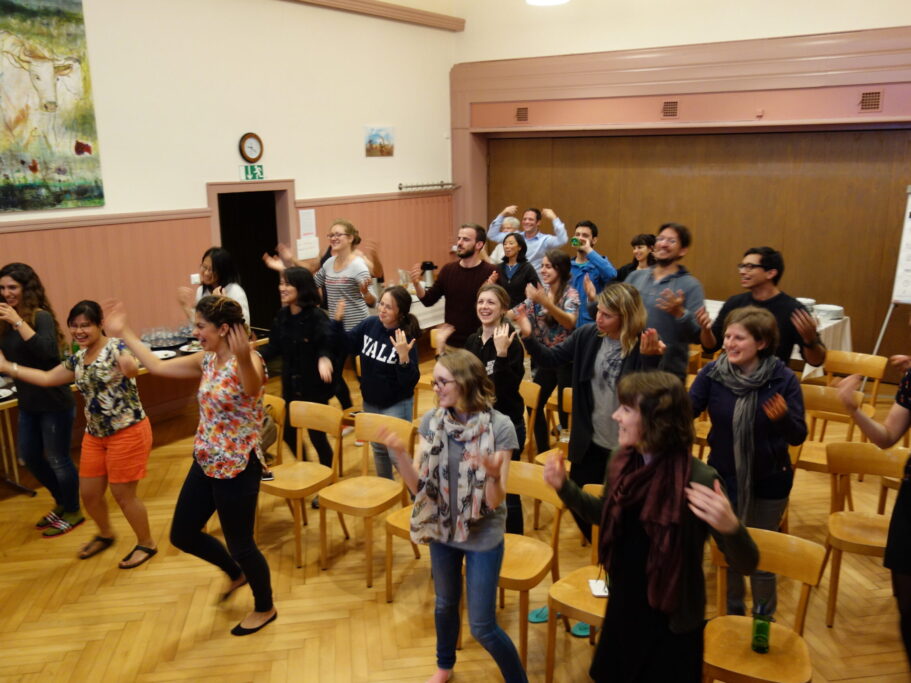I had been working remotely for six months with the World Food System Center (WFSC) located at ETH Zurich to organize a course in Côte d’Ivoire. I helped Jonna Cohen, the Education Manager of the WFSC, to navigate both the language and logistics. In parallel, I was doing an internship at headquarters of UN organizations in Rome, so that Ivorian colleagues in Italy helped me to find local guest speakers. I prepared in advance as much as I could. With my visa in the pocket, malaria medication, and five additional vaccines, I was finally ready to leave for my first trip to West Africa. I felt very excited heading off on a two-week course with the WFSC. However, less than two weeks before the course start, military tensions erupted in Bouaké, the intended home base we had been planning the previous six months. A special security task force therefore decided to relocate the course to Yamoussoukro and our small team had to reorganize excursions, speakers, and accommodation.
A Food Journey to Côte d’Ivoire
by Hélène Gonnet, 13.9.2018
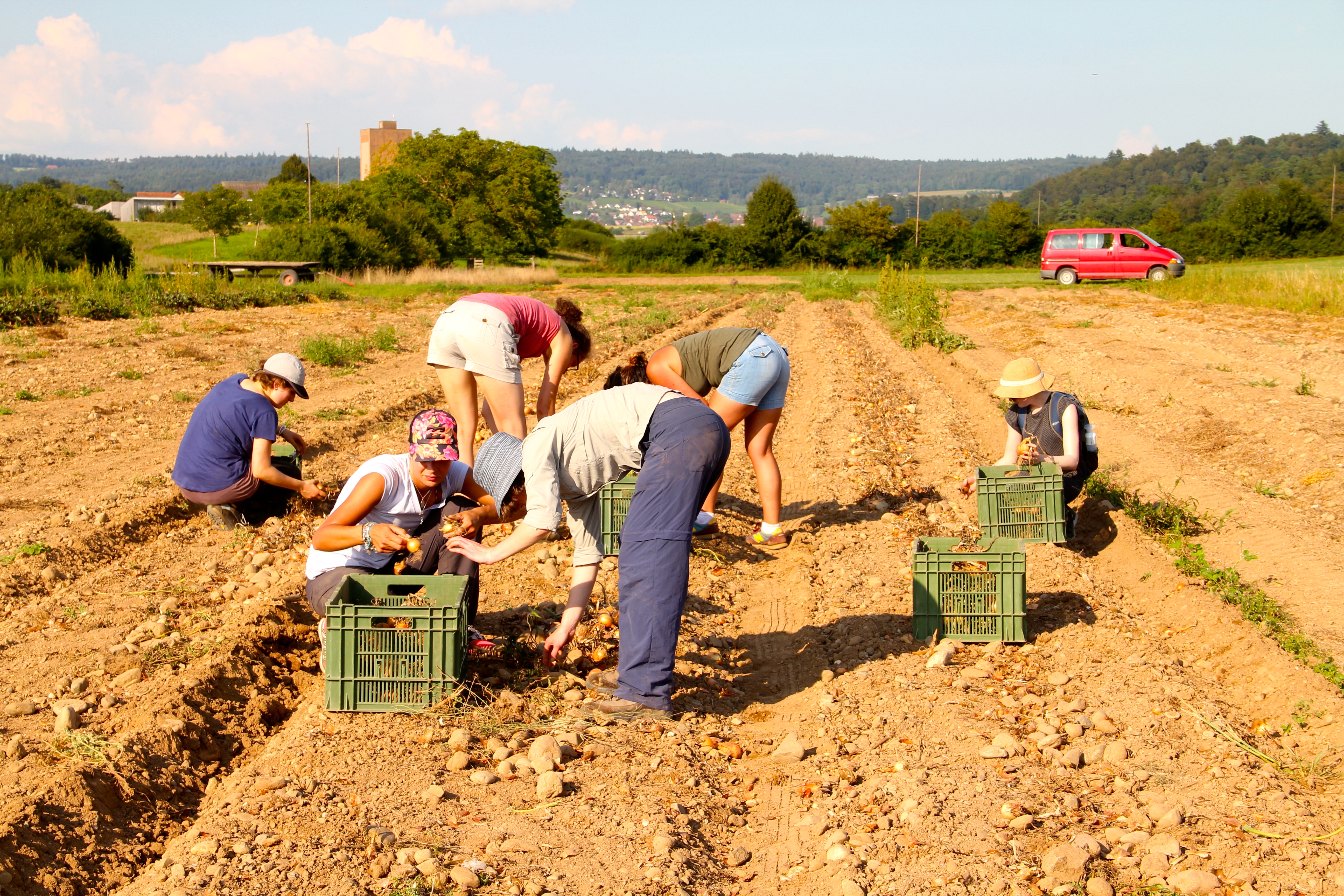
In the shoes of a farmer: harvesting organic onions (photo credit: Lee Herold)
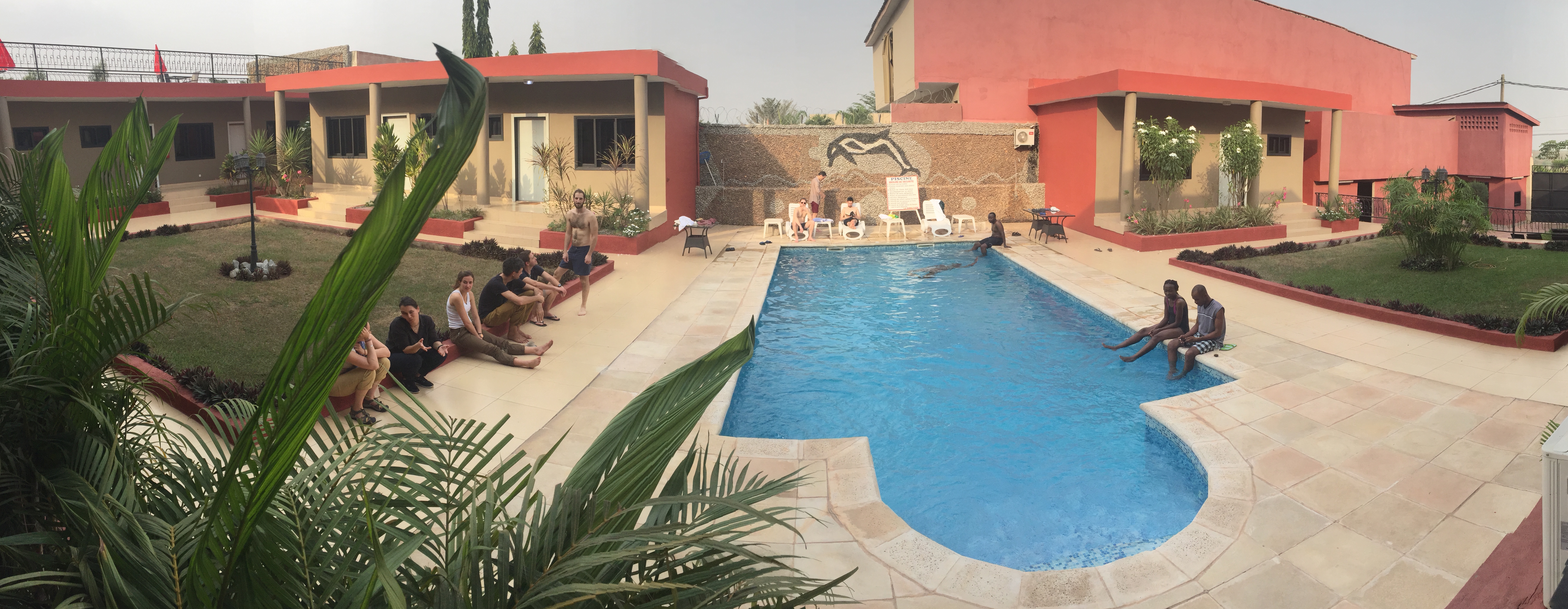
Break between two sessions at our hotel in Yamoussoukro. Perhaps, relocating the course was not such a bad decision. (photo credit: Hélène Gonnet/ETH Zurich)
Akwaaba! / Welcome!
Twenty-six participants from 15 countries and various disciplines finally came together with one common goal: To better understand the world’s food systems and find ways of dealing with their complexity. The course focused on two locally important value chains: 1) Yams, an indigenous crop contributing to the country’s food security; and 2) Cocoa, an exported cash crop. We also saw how some of the foods we consume daily, such as palm oil, are grown.
Great Diversity
Day after day, we navigated the food value chain, made stops at different stages, and discovered the diversity of its features. We compared organic versus conventional practices, formal versus informal markets, and undernutrition versus overweight issues. We saw how these interconnected aspects continually evolve, making food systems even more complex. We also explored how environmental, political, social, and economic factors shape food value chains. Issues were looked at from different perspectives thanks to discussions with farmers, entrepreneurs, retailers, UN workers, representatives from NGOs, academia, multinationals, and even government officials who sometimes had competing interests. The course also made us dig deeper and think about our different role by asking the question, “How can I contribute to a healthier food system?” This made us shift perspective – from passive consumers to producers of insights.
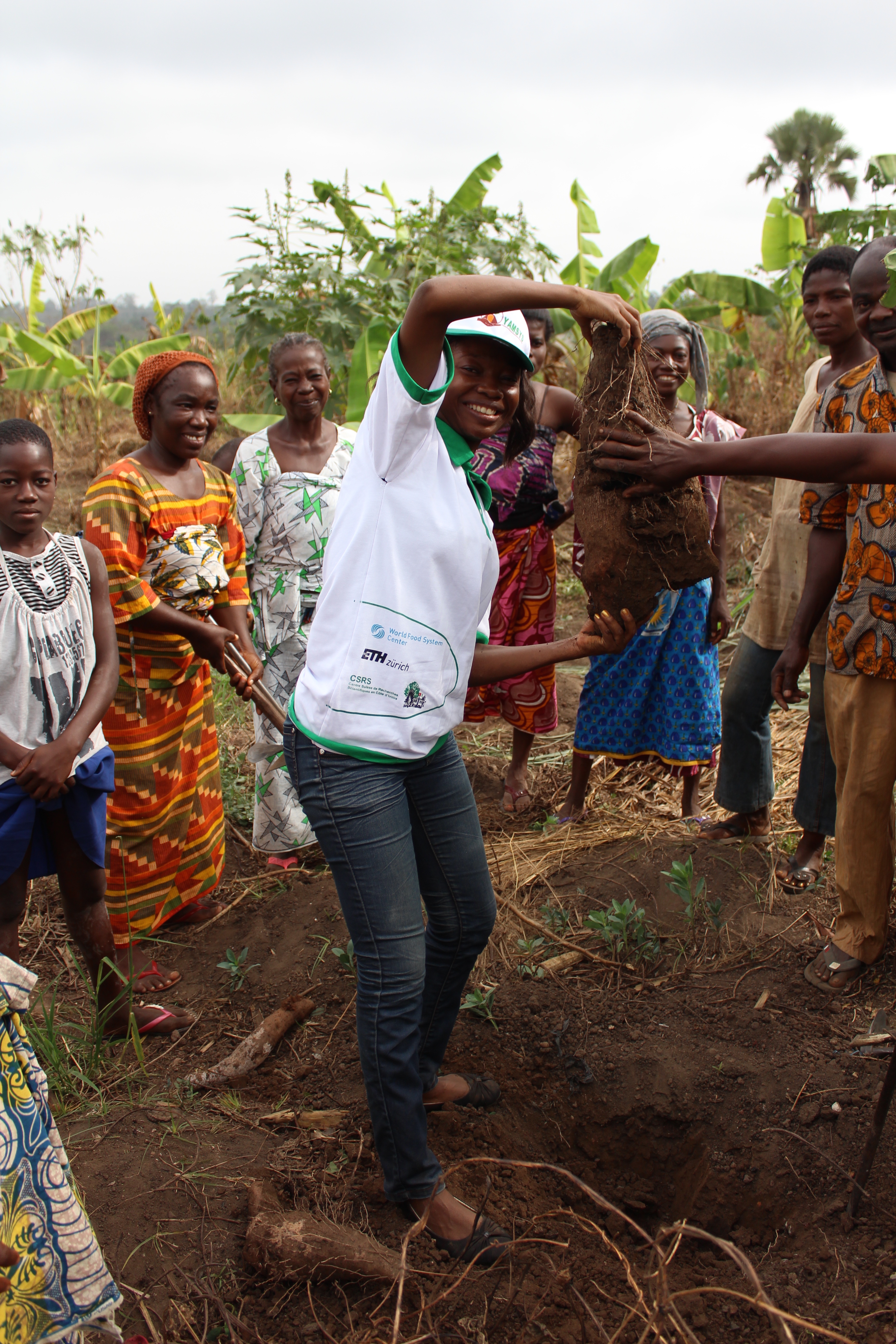
A freshly harvested yam tuber (photo credit: Pierre Stenevel)
All Ingredients Present
The course program included a mixture of classroom input punctuated with game simulations, cooking sessions, film screenings, case studies, excursions, fieldwork, and role-play. Such methods allowed us to create connections between theory and reality. Informal professional and cultural exchanges took place between participants and content providers over lunch, yoga, running, dancing, and even football matches. These activities definitively added value to the course experience.
Food Systems in Transition?
Marie Konaté, CEO of Protein Cissè-la noted, “Ivorians continue to import what they eat and export what they produce.” Despite being the first producer of cocoa, Côte d’Ivoire indeed processes nationally only a small percentage of cocoa into chocolate. Imported “swiss” chocolate is then sold at approximately a 20% higher price than in Switzerland. Hopefully, change is coming and entrepreneurs with great ideas and drive will add valuelocally. We met for example a cooperative that makes chocolate with ginger flavors and in a packaging designed with African patterns.
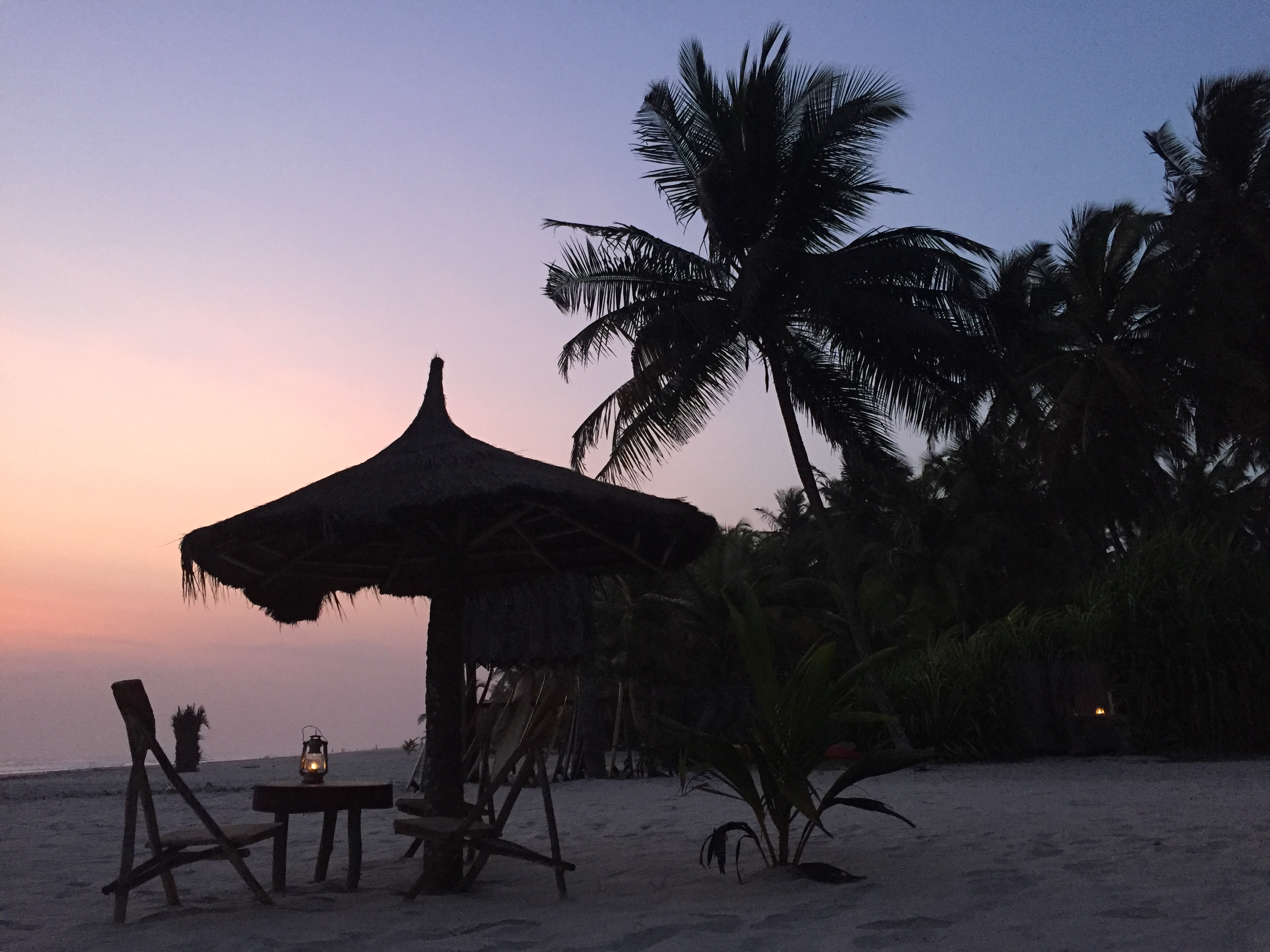
Sunset in Assinie where I spent some days after the course. (photo credit: Hélène Gonnet)
Time to Digest
The course culminated with a reception at the Swiss Ambassador’s residence. His Excellency Thomas Litscher, an agronomist by training, offered us a delicious buffet. However, the course did not end there – instead participants integrated the lively and well-networked community of WFSC alumni. After an intense preparation phase and the two-week course, I spent one week on the coast, away from the colorful and vibrant cities. I could look back at what I learned, how it made me grow, and in which direction I would like to continue. I ultimately realized that no one has “the” solution to fix food systems and it made me feel more confident that small seeds could contribute toward a positive change. Thoughts initiated by other participants during the course might as well germinate later on in different parts of the world. This experience also helped me to have a better understanding of what UN organizations do on the ground. Through this course I finally became aware of how little I know about the challenges faced by the world’s food systems and that my lens as an agronomist was not enough to grasp its complexity.
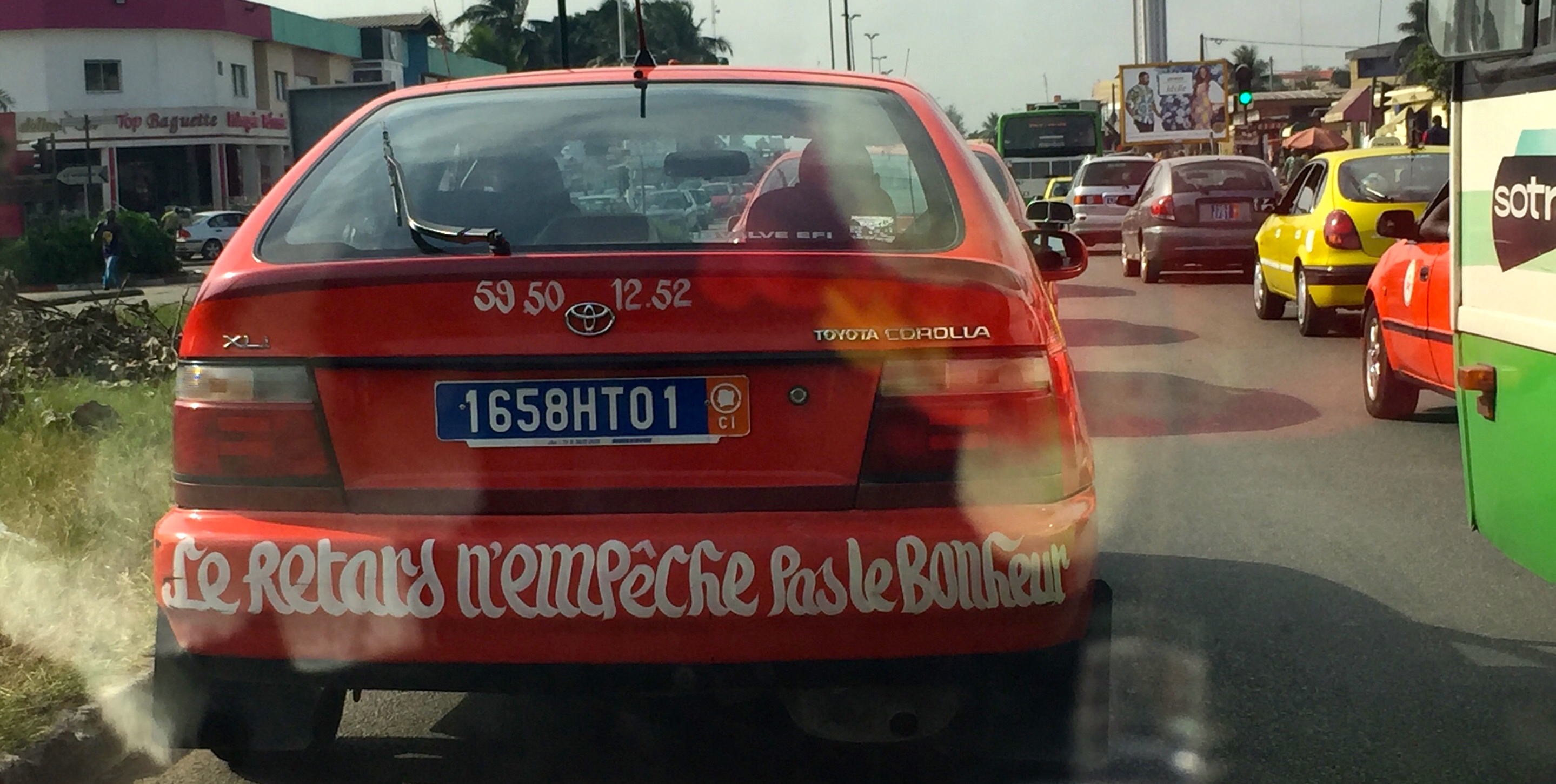
Written on a taxi in the streets of Abidjan: “Le retard n’empêche pas le bonheur", meaning “Delay does not prevent happiness" (photo credit: Hélène Gonnet/ETH Zurich)
On a private note, I am very grateful to Michelle Grant and Jonna Cohen for their trust and for giving me the opportunity to take part in this unique and enriching experience, as well as to everyone who made it happen.
ETH Zurich has organized World Food Systems summer/winter schools each year since 2012 in different places of the world. If you are willing to learn more about food systems complexity, another Summer School will take place in 2019 in Rheinau, Switzerland.
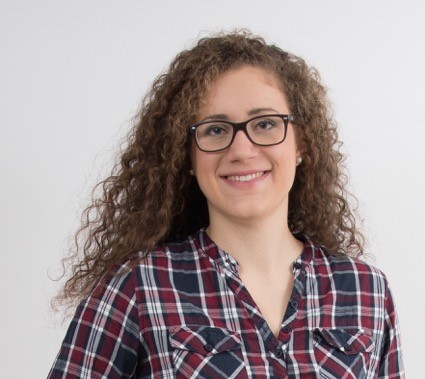
About the author
Hélène Gonnet holds a MSc in Agricultural Science from ETH Zürich. She did a one-year internship at the Permanent Representation of Switzerland to the Food and Agriculture Organization of the United Nations (FAO), the International Fund for Agricultural Development (IFAD) and the World Food Programme (WFP) in Rome. She took part in 2016 to the World Food System Summer School as a student and in 2018 to the Winter School in Ivory Coast as an intern.


